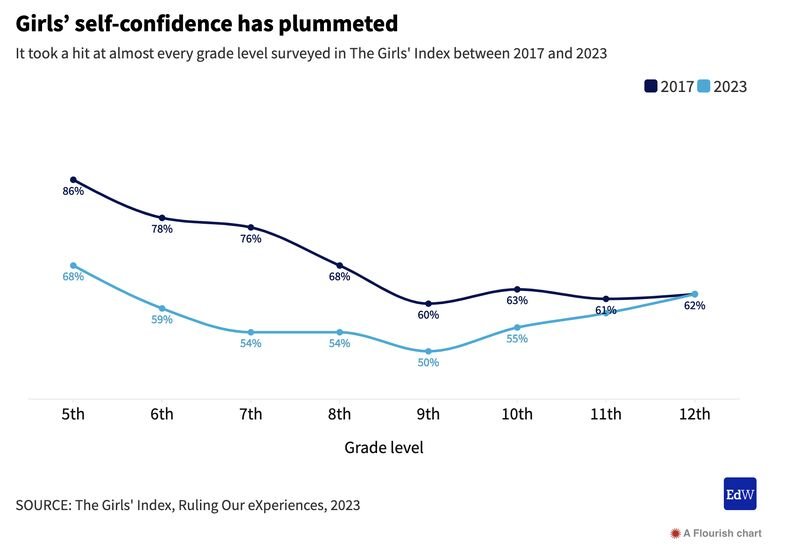Beyond the Filter: How Do We Empower Adolescent Girls to Build Self-Confidence Amid Social Media Pressures?
Last month, the students at my school hosted the first dance of the year. Leading up to the event, a committee of pre-teens and teens met each week during lunchtime with teachers to plan snacks, decorations, and most importantly the music playlist. Together, the kids made important decisions like how many drink tickets each guest would receive for soda and what type of attire is considered “semi-formal” (no crocs and socks please). They even recommended including a table of card games for classmates who didn’t feel like dancing. In the week leading up to the event, expectations were running high. A small group of middle school girls approached the teachers and asked a question that had been on their mind: Will cell phones be allowed at the dance? I assumed they wanted teachers to lift the school policy during the event so they could take pictures and videos with friends. I was surprised to hear their request was the opposite. Instead they said, “ I don’t want anyone taking pictures of me. I’m worried someone might record me dancing and post the video online.” The girls’ request made me realize that in the complex age of social media, they feel social pressure to look perfect at all times. What must this hypervigilance of peer judgment feel like while navigating the physical and emotional changes of puberty?
In 2023, U.S. Surgeon General Dr. Vivek Murthy released a new Surgeon General’s Advisory on Social Media and Youth Mental Health. The report states that in adolescent girls, increased use of social media is directly linked to decreased self-confidence, higher rates of body dissatisfaction, and peer comparison. The effects are even felt by girls who don’t have access to social media platforms, like my female students who worried about peers posting their images without consent. Their concern wasn’t just about the fear of a bad photo or an embarrassing video. It was about the loss of a joyous moment to the public scrutiny of social media.
In the 2023 report, 46% of adolescents surveyed aged 13-17 said social media makes them feel worse about their bodily image. In addition, 64% of adolescents are “sometimes” exposed to hate-filled content through social media. Studies show that social media use has a direct correlation with sleep difficulty and depression among adolescents.
So how can the adults in the lives of adolescent girls respond to the unique social challenges young people face? Recent studies have shown promising results in boosting self-confidence among girls through group therapy and peer support. Communication, problem-solving, and decision-making skills help girls to recognize their internal strengths and feel a sense of empowerment.
This school year, my female students provided me with a powerful reminder of how social media pervades every aspect of their lives. The constant need to present a curated version of oneself online deeply impacts their sense of self. The girls who boldly approached their teachers, asking if the school dance could be cell-phone free, were not just looking for a fun night of dancing, laughter, and enjoying their friends' company. They were seeking a safe space, away from the pressure of looking perfect to an online audience. In today's world where social media dominates, creating a supportive environment for adolescent girls is more crucial than ever.


